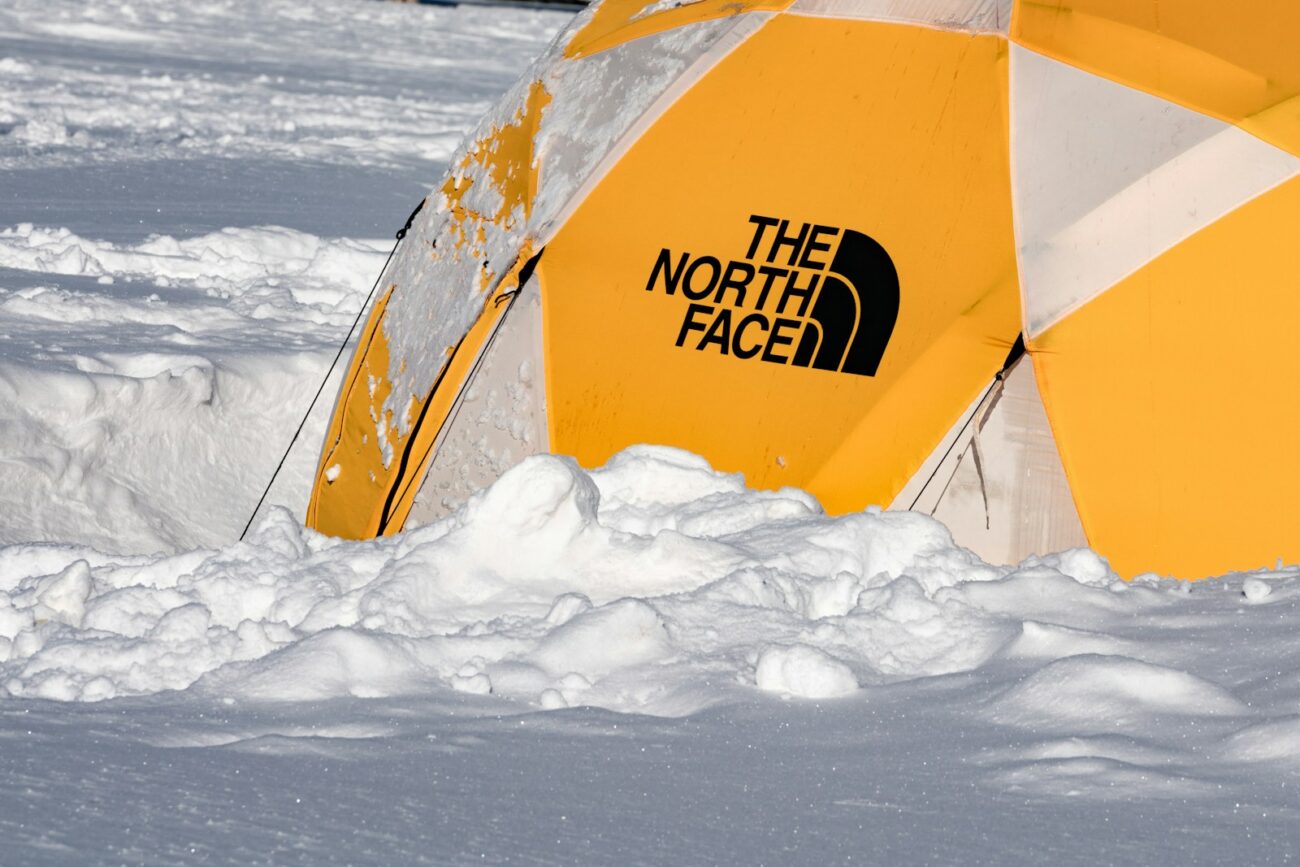When venturing into the great outdoors, your gear becomes your lifeline—the difference between an unforgettable adventure and a miserable experience. American outdoor brands have pioneered innovations in hiking, camping, and climbing equipment for decades, combining cutting-edge technology with rugged durability. From waterproof jackets that breathe like a second skin to ultralight tents that withstand mountain gales, U.S. manufacturers have established themselves as global leaders in outdoor equipment. This guide explores the most trusted American brands that outdoor enthusiasts consistently rely on, examining their unique strengths, signature products, and the values that have earned them loyal followings among wilderness explorers across the world.
Patagonia: The Environmental Pioneer
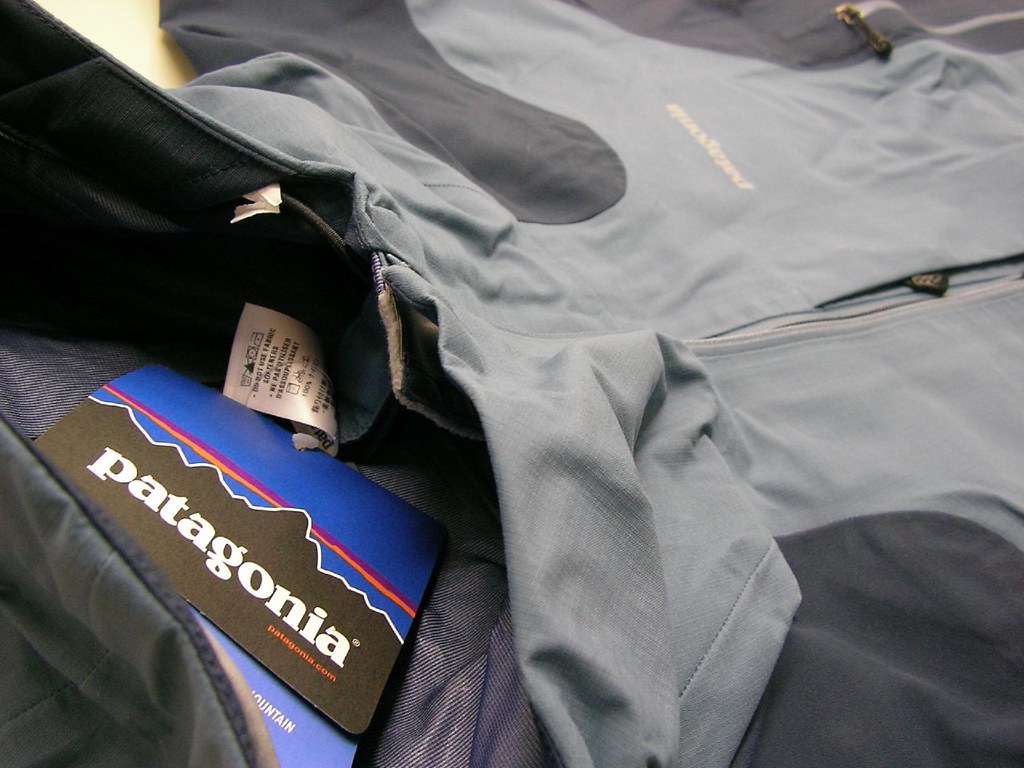
Founded by legendary climber Yvon Chouinard in 1973, Patagonia has revolutionized the outdoor industry with its unwavering commitment to environmental activism alongside product excellence. The company’s dedication to sustainability includes using recycled materials, implementing fair trade practices, and donating 1% of sales to environmental preservation. Their technical layers, particularly the iconic R1 fleece and Nano Puff jackets, offer exceptional warmth-to-weight ratios that outdoor enthusiasts depend on in variable conditions. Perhaps most remarkably, Patagonia’s “Worn Wear” program encourages customers to repair rather than replace gear, directly challenging the consumption-driven model that dominates retail and demonstrating how environmental values can successfully integrate with business operations.
REI Co-op: The Democratic Outfitter
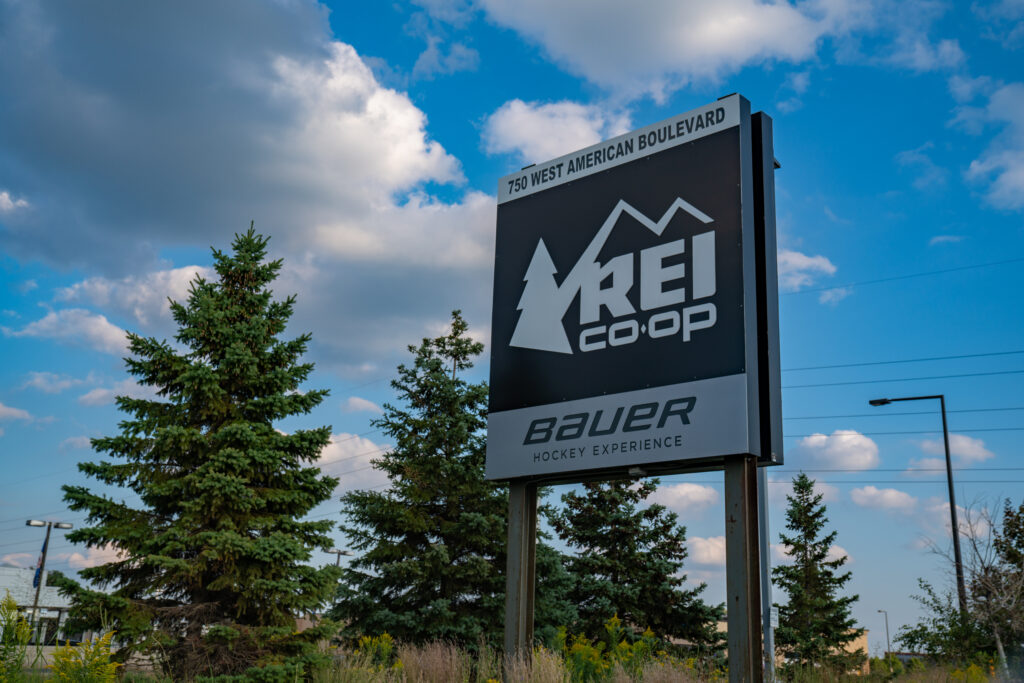
As America’s largest consumer cooperative, REI represents a unique business model where over 20 million members partially own the company and receive annual dividends based on their purchases. Founded in 1938 by 23 climbing friends, REI has grown into an outdoor empire while maintaining its community-focused ethos through initiatives like the REI Cooperative Action Fund and stewardship programs. Their in-house gear line offers exceptional value, with products like the Half Dome tent and Flash backpack series providing high-quality alternatives to premium brands at more accessible price points. REI’s inclusive approach extends to their educational programming, where classes and events help introduce newcomers to outdoor activities while creating community among experienced adventurers who share knowledge and skills.
Black Diamond: The Climber’s Companion
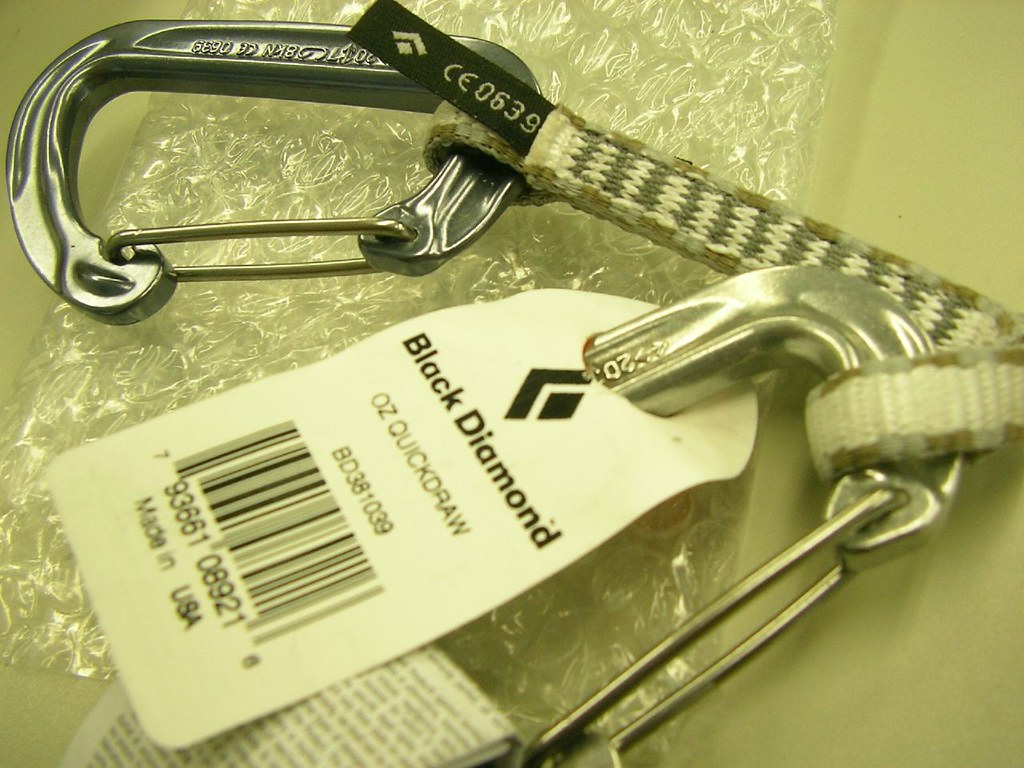
From humble beginnings in Yvon Chouinard’s blacksmith shop to becoming a premier climbing equipment manufacturer, Black Diamond has remained faithful to its core mission of creating innovative climbing tools that prioritize safety and performance. The company’s founder, Peter Metcalf, transformed Black Diamond from a small operation into a global force in climbing hardware while maintaining rigorous testing standards that exceed industry requirements. Their headlamps, harnesses, and carabiners have become the gold standard for mountaineers and rock climbers worldwide, with products like the Camalot C4 transforming climbing protection capabilities. Beyond manufacturing gear, Black Diamond has consistently advocated for climbing access rights and conservation of climbing areas, cementing their reputation as a brand that understands and supports the climbing community’s broader needs.
The North Face: From Expedition Sponsor to Cultural Icon
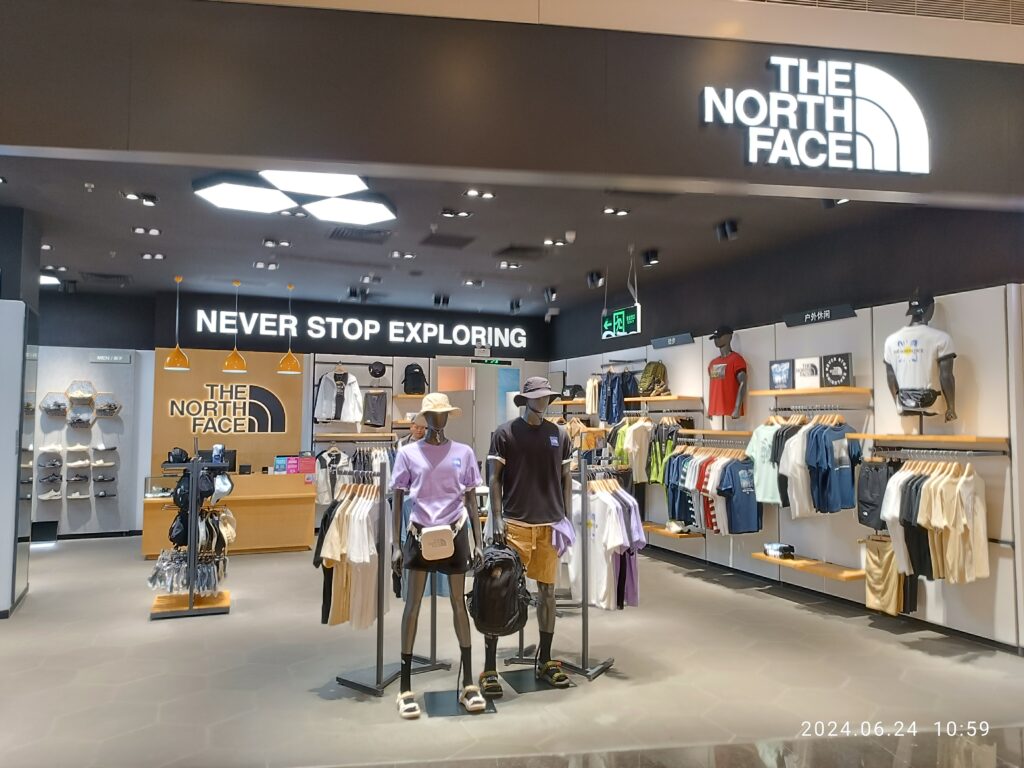
Founded in 1966 as a small mountaineering retail store in San Francisco, The North Face has evolved into perhaps the most recognizable outdoor brand in America, outfitting expeditions to the world’s most extreme environments while simultaneously becoming a fashion statement in urban settings. Their expedition sponsorship program has supported groundbreaking ascents and explorations while providing real-world testing grounds for their technical gear. The brand’s signature innovations include the geodesic dome tent design that revolutionized expedition shelters and their FutureLight waterproof-breathable technology that challenges industry standards for performance outerwear. Despite its mainstream popularity, The North Face maintains credibility among serious outdoor athletes through its athlete testing program and specialized collections designed for specific technical pursuits like alpine climbing and ultralight backpacking.
MSR (Mountain Safety Research): The Engineering Innovators
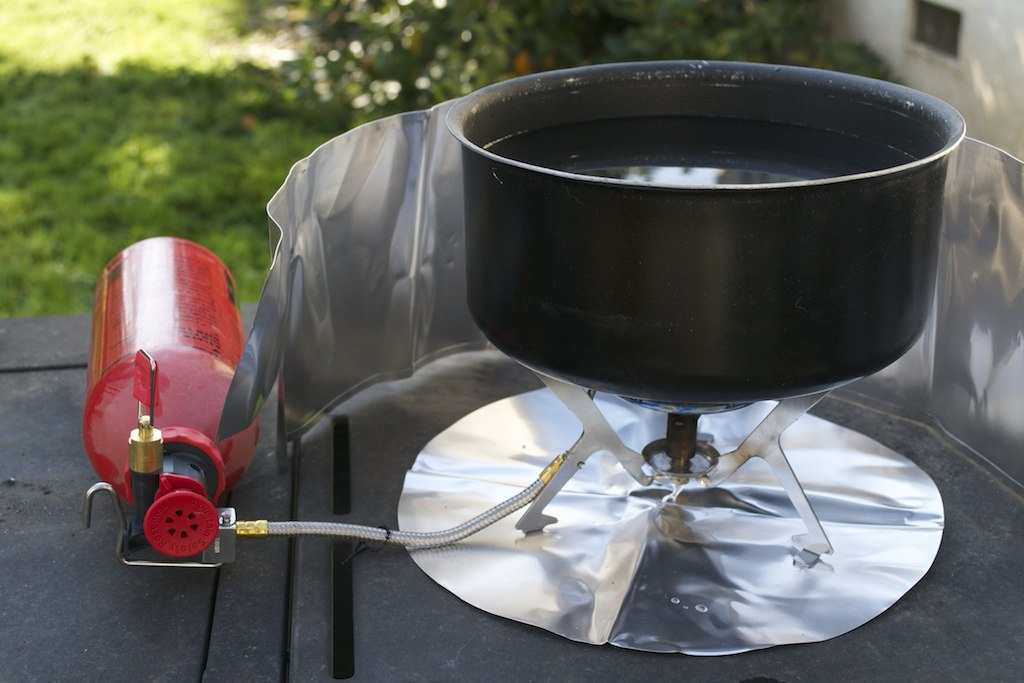
MSR began in 1969 as a newsletter critiquing climbing equipment safety before evolving into a manufacturer committed to addressing the engineering shortcomings they identified in existing gear. Their problem-solving approach has resulted in revolutionary products like the WhisperLite stove, which changed backcountry cooking by offering reliable performance in extreme conditions around the globe. The company’s water treatment technologies, including the MiniWorks filter and Guardian purifier, have protected countless adventurers from waterborne illnesses in remote areas. MSR’s meticulous attention to materials science and mechanical engineering consistently yields products that are lightweight yet remarkably durable, with field testing protocols that simulate years of use before products reach consumers. Their Seattle headquarters remains a hub of innovation where engineers actively use the equipment they design, ensuring practical solutions to real outdoor challenges.
Osprey: The Backpack Specialists
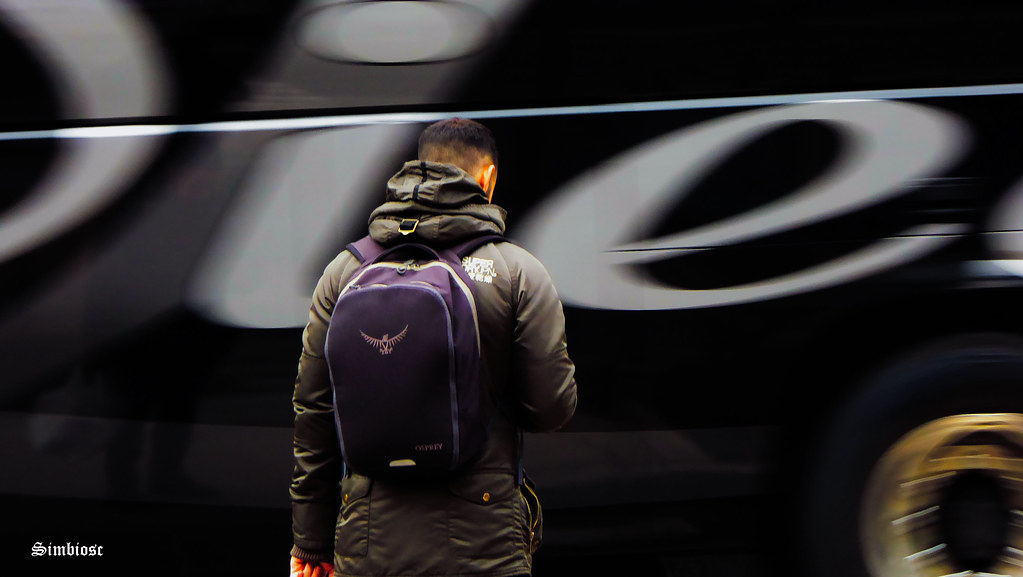
Since 1974, Osprey has maintained a singular focus on creating the most comfortable and functional backpacks for outdoor pursuits, earning devoted followers who appreciate their anatomical expertise and attention to load-bearing mechanics. Founder Mike Pfotenhauer initially custom-built each pack, establishing design principles that continue to guide the company’s approach to ergonomics and weight distribution. Their revolutionary AntiGravity suspension system created a new standard for ventilation and comfort in high-capacity packs, while their All Mighty Guarantee promises to repair any damage or defect for any reason throughout a product’s lifetime. Osprey’s specialization strategy has allowed them to develop packs specifically optimized for diverse activities, from ultralight thru-hiking to technical mountaineering, with women-specific designs that acknowledge fundamental anatomical differences rather than simply scaling down men’s models.
Western Mountaineering: The Down Insulation Masters
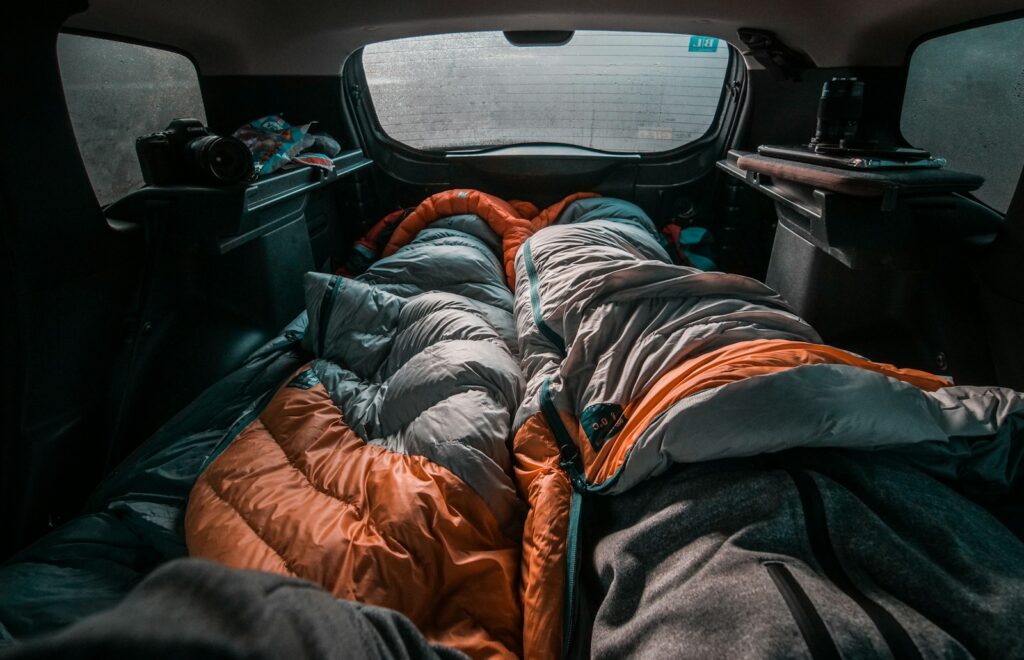
Operating from San Jose, California since 1970, Western Mountaineering maintains a cult-like following among serious backpackers and mountaineers who rely on their premium down sleeping bags and garments in the most demanding conditions. Unlike many outdoor brands that have outsourced production, Western Mountaineering still manufactures all products in their California facility, where skilled craftspeople hand-stuff each sleeping bag with meticulously sorted down that exceeds industry fill-power standards. Their temperature ratings are famously conservative and reliable, giving users confidence that a bag rated to 10°F will indeed keep them comfortable at that temperature. Western Mountaineering’s dedication to sourcing ethically harvested down and implementing precise quality control measures has established them as the benchmark against which other insulated products are measured, despite minimal marketing and a deliberately limited production capacity that sometimes creates waiting lists for their most popular models.
Big Agnes: The Sleep System Innovators
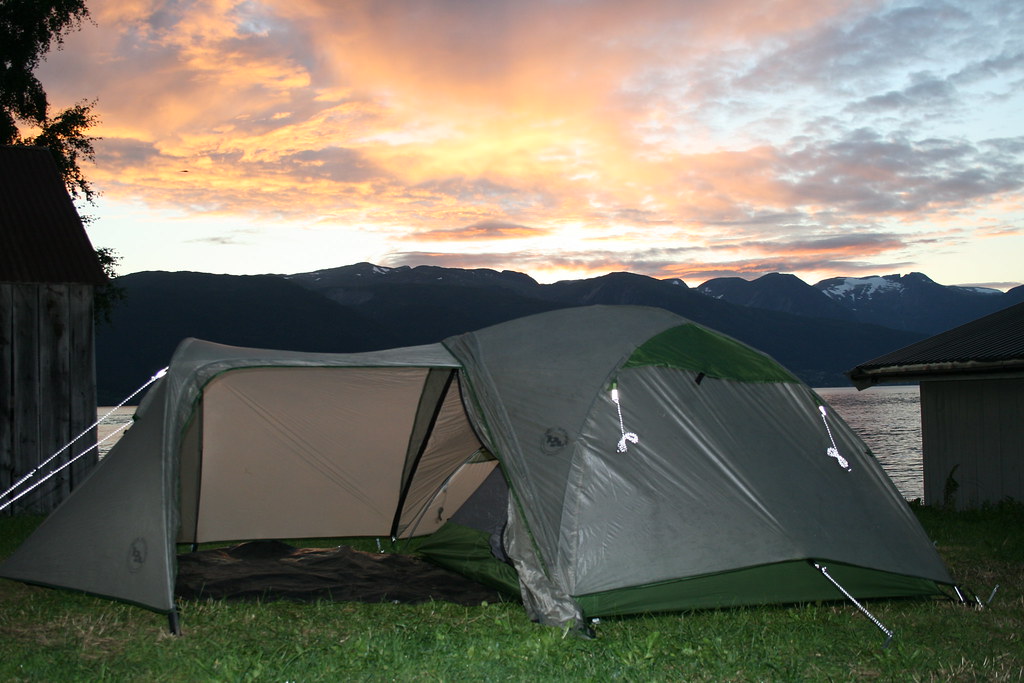
From their headquarters in Steamboat Springs, Colorado, Big Agnes has revolutionized backcountry sleeping with integrated systems that maximize comfort while minimizing weight and packed volume. Their signature innovation—sleeping bags with sleeve attachments for sleeping pads—addressed the common problem of sliding off pads during the night, fundamentally changing how many backpackers approach sleep systems. The company’s tent designs feature vertical walls that maximize livable space and intuitive hub-based pole systems that simplify setup while enhancing structural stability in adverse conditions. Big Agnes consistently demonstrates ecological responsibility through initiatives like Solution Dye fabrics that reduce water consumption in manufacturing and their partnership with a Colorado solar array that offsets their energy usage. Their product testing involves employees spending numerous nights in the surrounding mountains, ensuring real-world feedback informs design improvements rather than relying solely on laboratory assessments.
Therm-a-Rest: Revolutionizing Outdoor Sleep
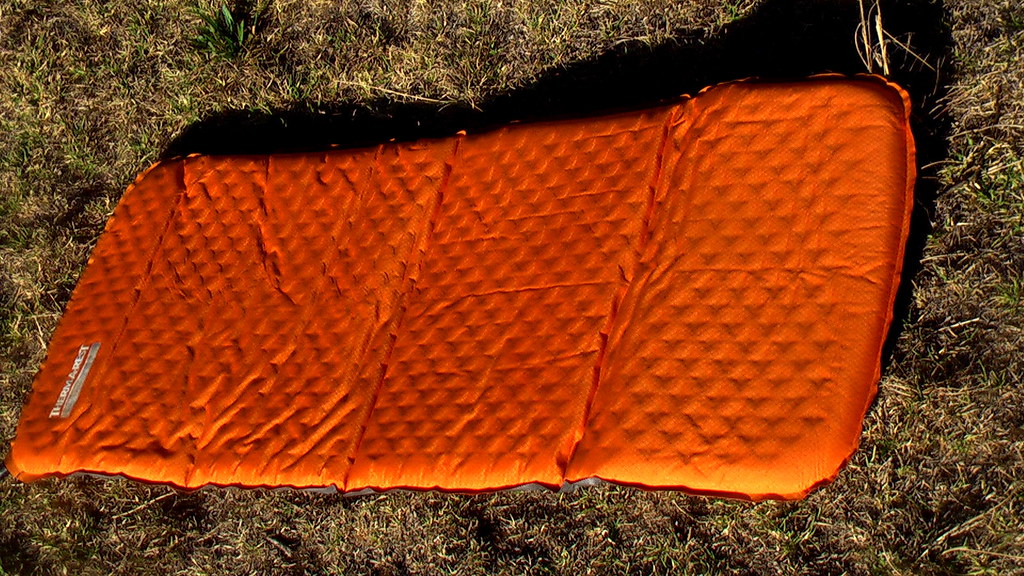
The invention of the self-inflating sleeping pad in 1971 by Therm-a-Rest founders dramatically changed expectations for backcountry comfort, replacing closed-cell foam pads with air-cushioned support that better accommodated side-sleepers and those with back issues. Fifty years later, the Seattle-based company continues to lead sleeping pad innovation with technologies like ThermaCapture radiant heat barriers and triangular core matrices that maximize insulation while minimizing weight. Their comprehensive testing includes thermal imaging chambers that precisely measure heat loss through sleeping surfaces and automated compression testing that simulates years of use in accelerated time frames. Beyond pads, Therm-a-Rest has expanded into sleep systems with specially designed sleeping bags that integrate with their pads, creating a cohesive approach to backcountry rest that recognizes quality sleep as fundamental to outdoor enjoyment and safety.
Darn Tough Vermont: The Sockmakers Who Never Quit
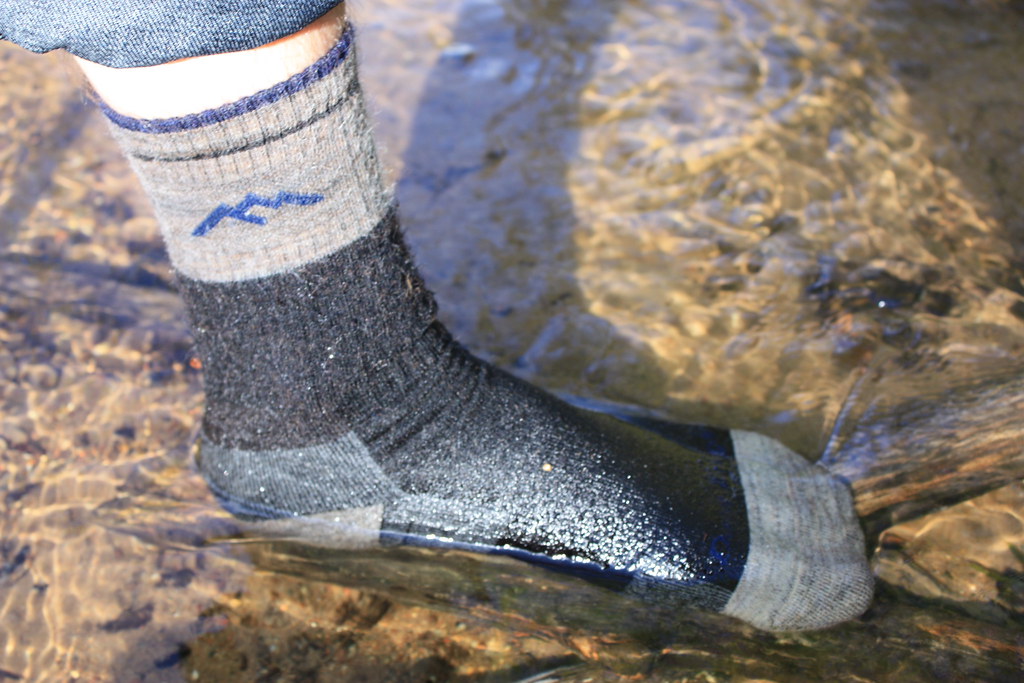
Operating from a single factory in Northfield, Vermont, Darn Tough has built a remarkable reputation based on a singular product category—merino wool socks engineered for outdoor pursuits. The company’s unconditional lifetime guarantee reflects their confidence in their manufacturing process, which uses specialized knitting machines operating at unprecedented needle counts to create densely knit socks that resist wear even after thousands of miles. Their commitment to domestic production has preserved manufacturing jobs in Vermont while allowing direct quality control over every sock that leaves their facility. Darn Tough’s specialized designs for different activities reflect sophisticated understanding of activity-specific stress points and cushioning needs, with hiking models featuring targeted cushioning at heel and forefoot while minimizing bulk in the arch to prevent slippage and blisters.
Hyperlite Mountain Gear: Ultralight Minimalism
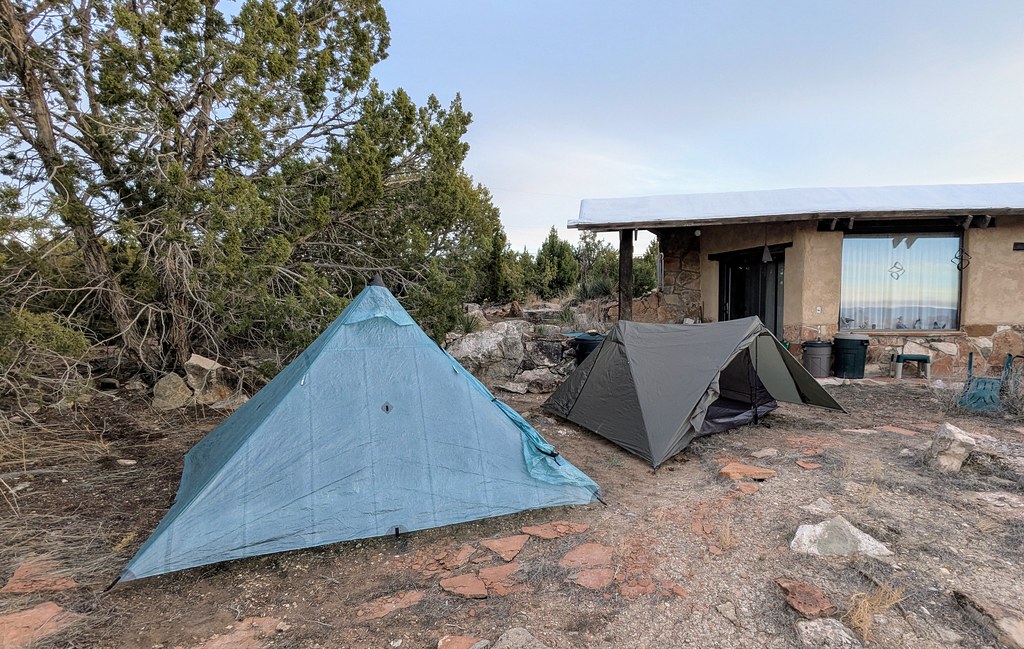
Founded in 2010, Hyperlite Mountain Gear represents the vanguard of American ultralight equipment manufacturing, creating shelters, backpacks and accessories from Dyneema Composite Fabrics (formerly Cuben Fiber) that deliver extraordinary strength-to-weight ratios. Operating from a repurposed textile mill in Maine, Hyperlite’s manufacturing philosophy centers on removing everything non-essential while maintaining durability for demanding backcountry conditions. Their distinctive white backpacks and shelters have become recognizable symbols of the ultralight movement on long-distance trails like the Appalachian and Pacific Crest. The company’s design approach emphasizes modularity and simplicity, with products that can be adapted to different conditions through removable components rather than specialized gear for every scenario, reflecting the “carry less, experience more” ethos that drives ultralight philosophy.
Mystery Ranch: Technical Load Bearing Systems
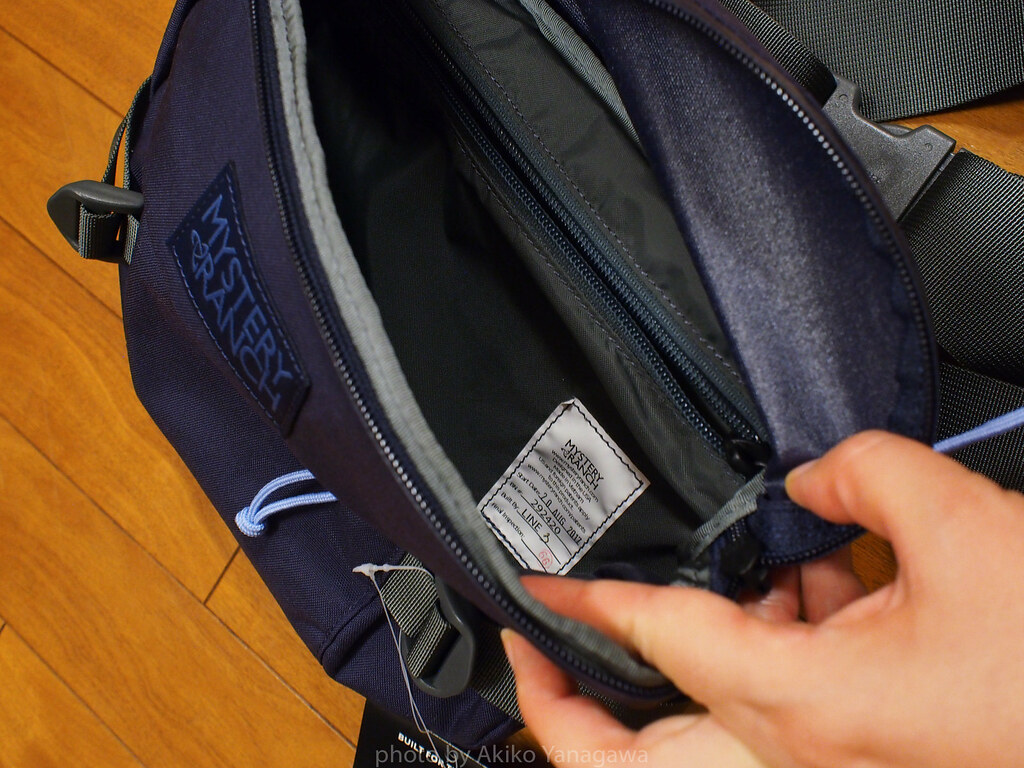
Founded by backpack design legend Dana Gleason, Mystery Ranch creates load-carrying systems that excel in the most demanding scenarios, from wildland firefighting to military special operations and wilderness hunting. Their signature Y-frame internal structure and telescoping harness system enable users to carry extraordinary weights comfortably by efficiently transferring load to the hips while allowing precise torso-length adjustment. The company’s commitment to domestic manufacturing for their professional lines ensures quality control and enables rapid prototyping in response to user feedback from specialized communities with unique carrying requirements. Mystery Ranch’s design philosophy emphasizes access to gear without unpacking, with innovative features like the 3-ZIP system that opens packs like a jacket rather than requiring top-down packing and unpacking, making them particularly valuable for those who need to access specific equipment quickly.
Conclusion: American Innovation in the Outdoors
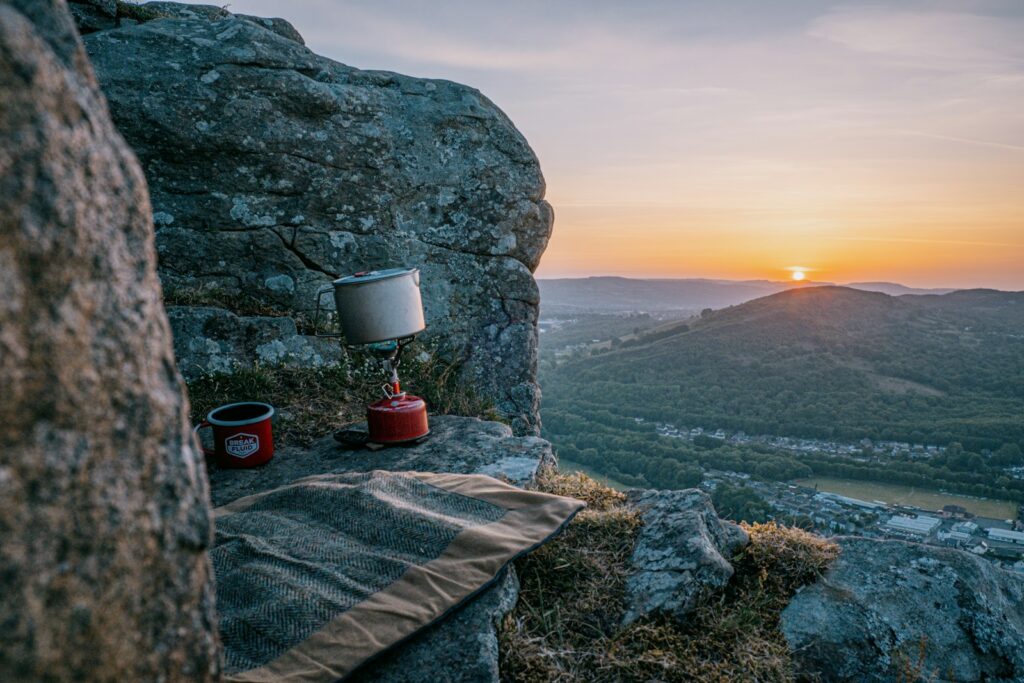
The landscape of American outdoor brands reflects both our national relationship with wilderness and our culture of innovation. These companies have not only created equipment that enables safer, more comfortable outdoor experiences but have often led conservation efforts to protect the landscapes their customers explore. From Patagonia’s environmental activism to REI’s cooperative model and educational programs, these brands transcend mere manufacturing to become cultural institutions that shape how Americans interact with wild places. As outdoor recreation continues to evolve, these established brands face challenges from international competitors and emerging direct-to-consumer companies, yet their deep experience and proven commitment to quality position them to remain essential partners for those seeking adventure in America’s wild spaces and beyond.

